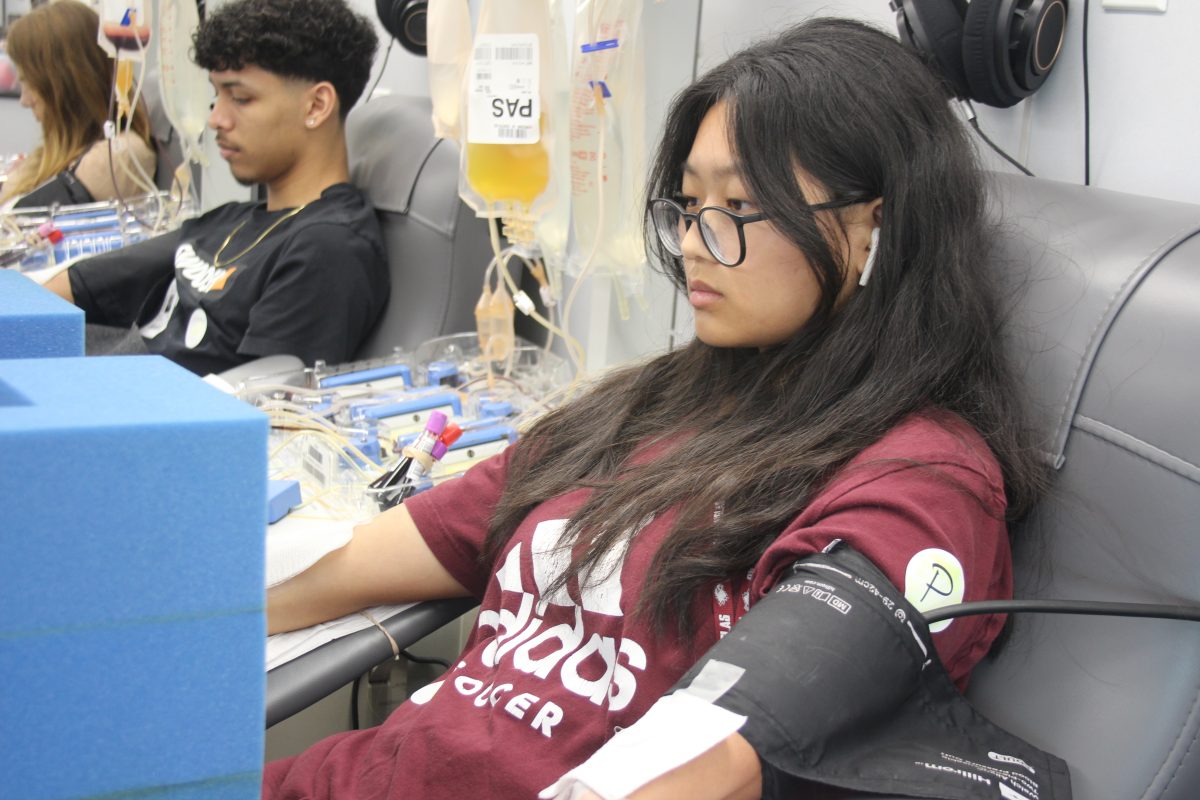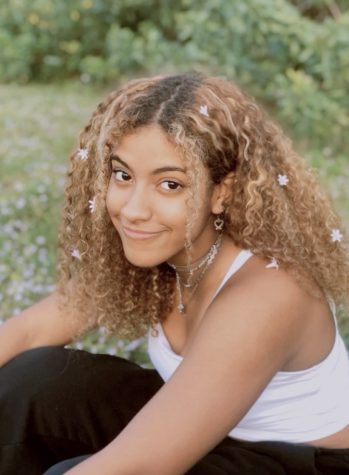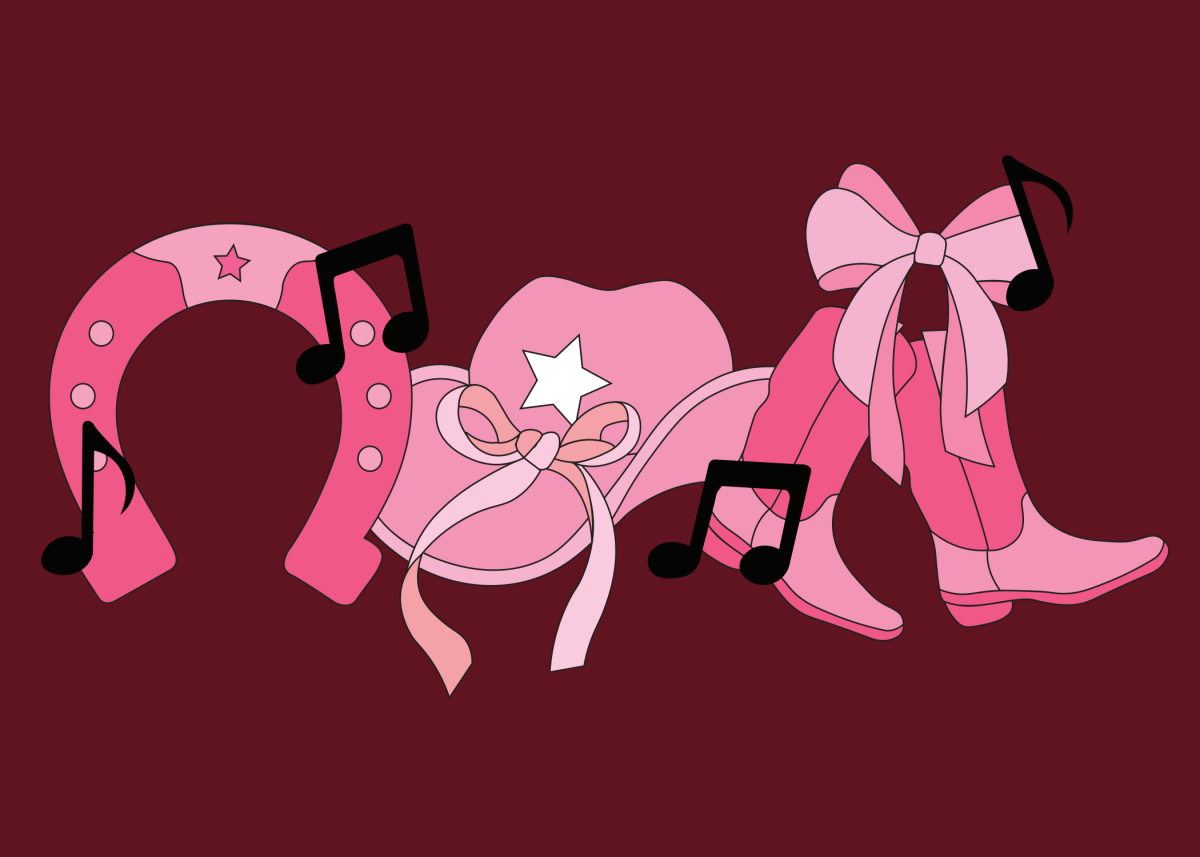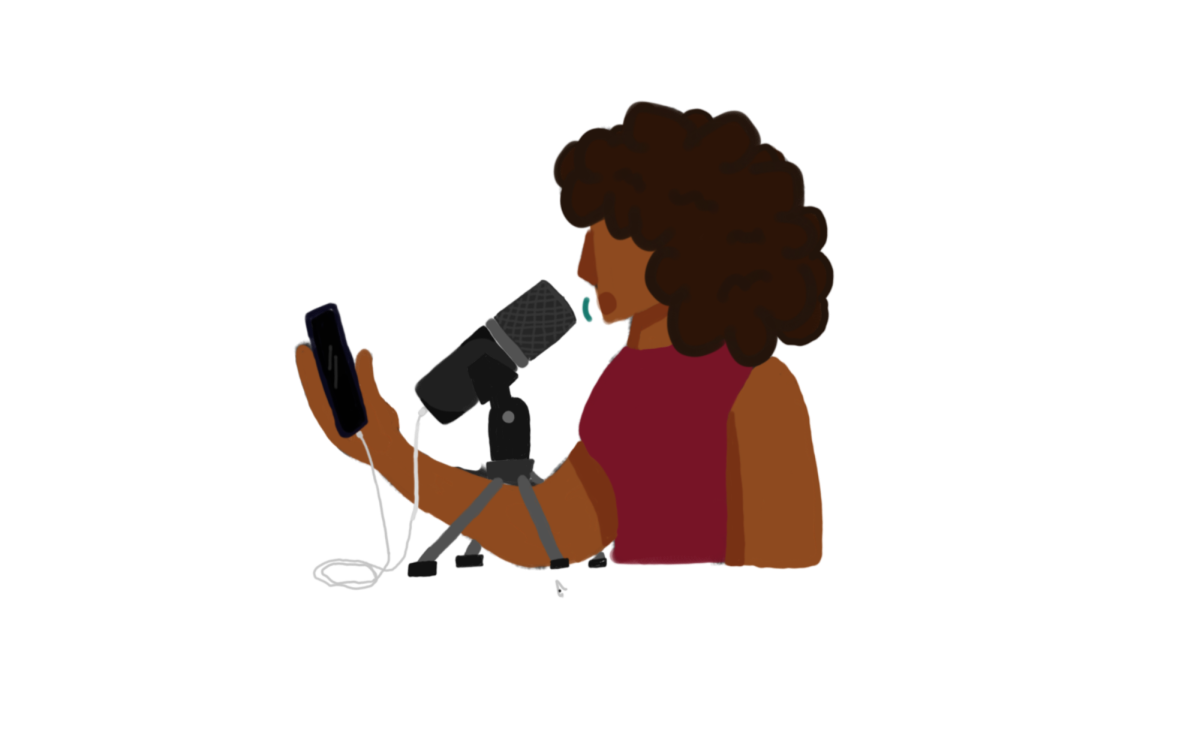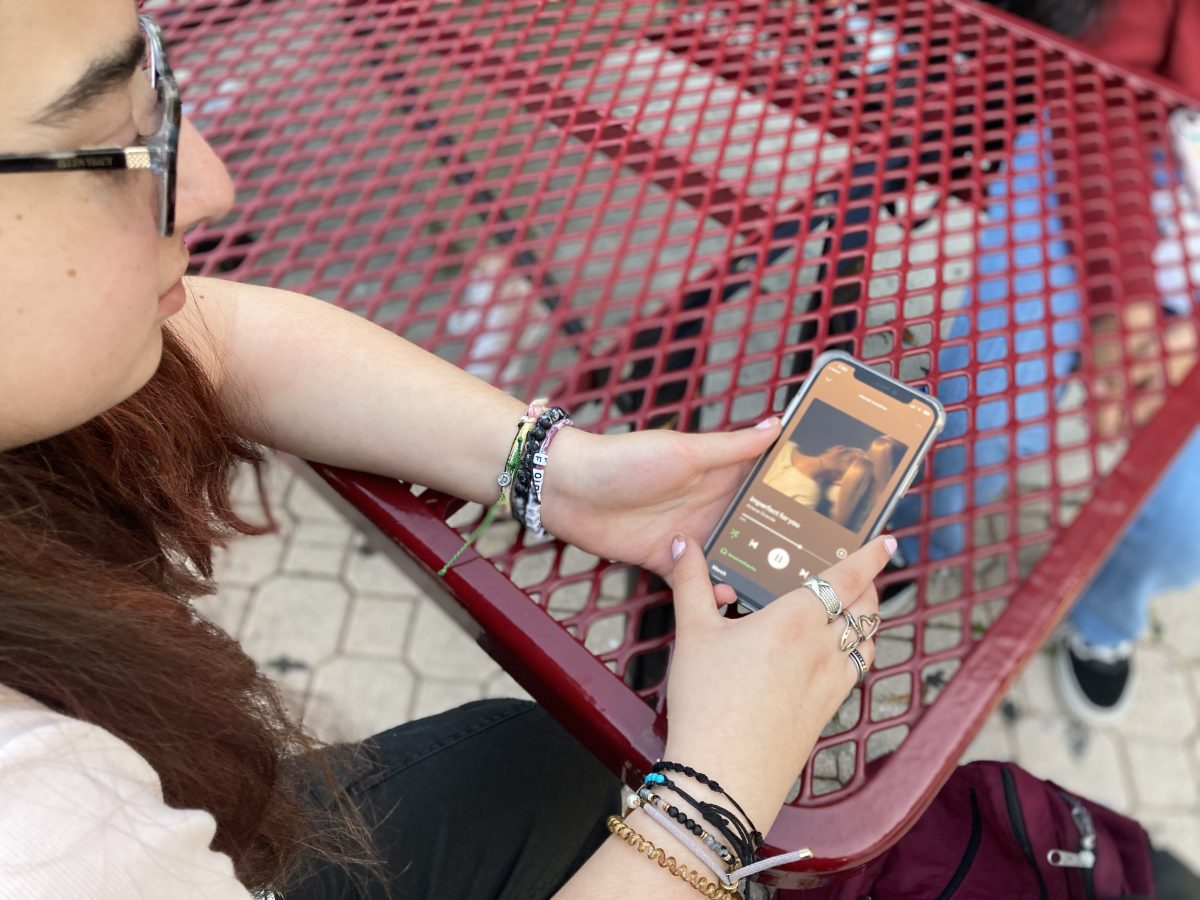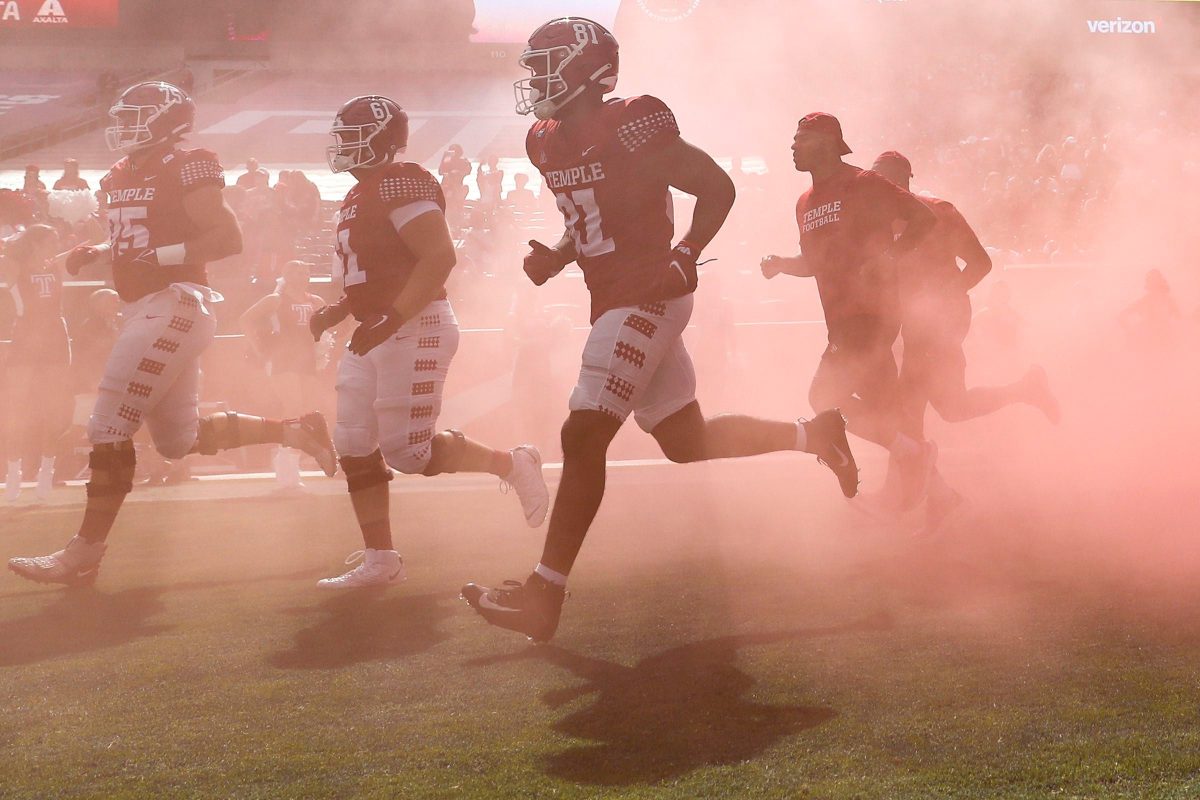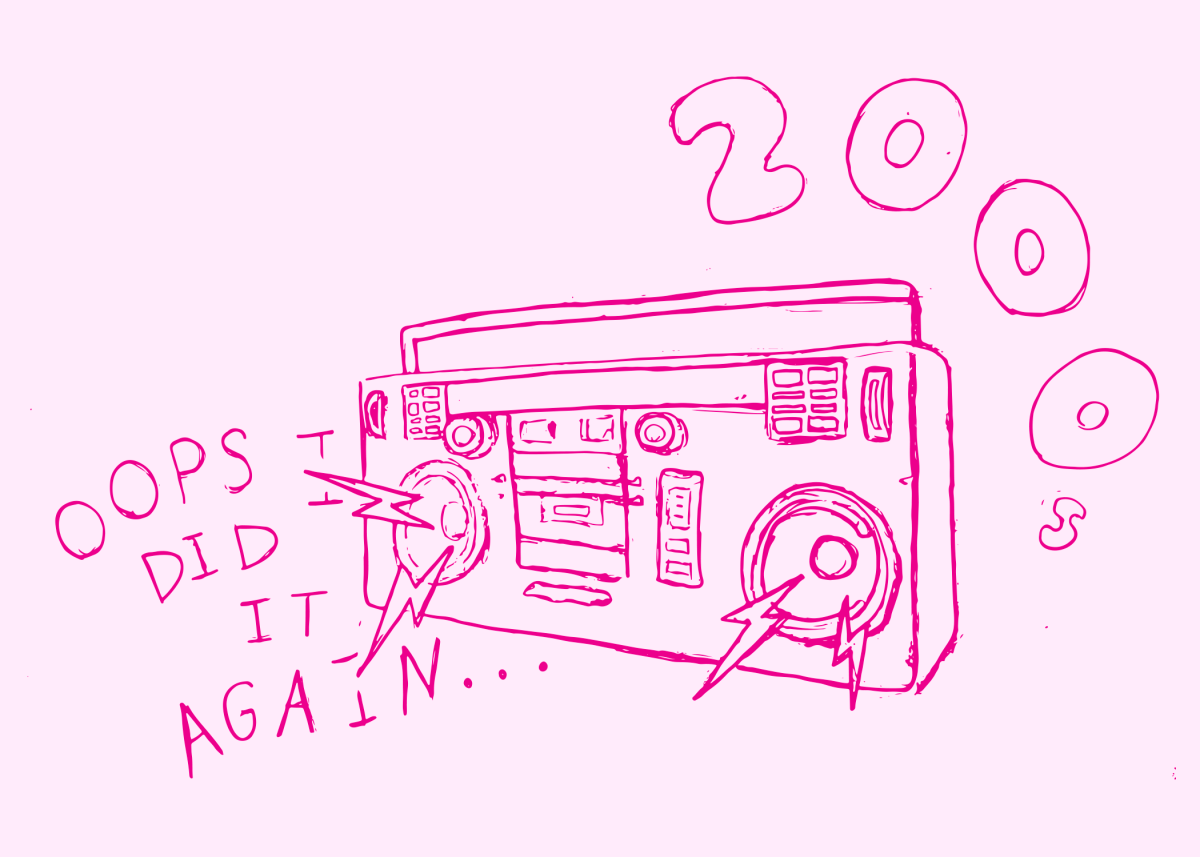
Representation in Hollywood movies is far more than cast statistics, it impacts the viewers as movies and television shows have a dramatic effect on how consumers view many aspects of their lives. Ideas and expectations come from experiences, and people virtually experience media constantly.
“Stories affect how we live our lives, how we see other people, how we think about ourselves,” Michael Morgan, former professor emeritus at the University of Massachusetts said in an article by the Huffington Post.
The satisfaction of seeing someone similar to you on the big screen is not received by all. Lack of diversity in film has been noticed by minority audiences who struggle to see characters that resemble themselves.
According to a study conducted by the USC Annenberg foundation, “in 2017, 70.7% of the 4,454 speaking characters were white, 12.1% were black, 6.2% were Hispanic, 3.9% were mixed-race, 1.7% were of Middle Eastern descent and less than 1% each were coded as Native American or Native Hawaiian,” The “Inequality in 1,100 Popular Films”
This shortage of diversity has been found to lower the self-esteem for the underrepresented youth and make them feel as if they are not worthy of being on the big screen, except for when they are being stereotyped.
“There is little to no Indian representation in Hollywood, and when there is, we are portrayed as taxi drivers or liquor store owners with heavy accents,” sophomore Jessica Virk said.
These stereotypical roles include cliches such as “the gay best friend” and minority characters that are simply used for comedic relief. These characters rarely have any depth, and their sole purpose is to accompany the main character. The most prominent examples of this are Damian from “Mean Girls” and Mr. Chow in “The Hangover.”
“There’s this body of research and a term known as ‘symbolic annihilation,’ which is the idea that if you don’t see people like you in the media you consume, you must somehow be unimportant,” Indiana University professor Nicole Martins said in an interview with the Huffington Post in February of 2017.
The misrepresentation of these minority groups in Hollywood can have harmful effects on their self-image. When minorities only get represented as racially generalized characters, it hurts the way they think about themselves.
“Negative media stereotypes (thugs, criminals, fools, and the disadvantaged) are demoralizing and reduce self-esteem and expectations,” the 2011 Opportunity Agenda study said.
The idea that a certain race is consistently depicted as something negative can influence them to feel as if that is all they can ever be, which lowers their expectations of themselves.
“All of the struggles of minority characters are based on race rather than upon everyday issues,” sophomore Anisah Steele said. “A black or Hispanic character’s story always has to do with gang violence or drugs.”
Not only are minority races dealing with the effects of being underrepresented, but the LGBTQ+ community as well as the disabled community also deal with this issue.
“The media is heteronormative. That we already know. It focuses primarily on straight people and straight characters, feeding into the idea that you are straight until proven otherwise,” ‘The Beacon’ reporter Adelaide Kaiser said in the editorial piece, “Lack of LGBT media representation is dangerous”.
According to the University of South California’s Inclusion Initiative report, only 2.5% of speaking characters in movies in 2017 were shown to have disabilities. Media exposure is constant and available to those of all ages, influencing the ideals and opinions of the public, particularly the youth.
“We’re pretty confident that, the more TV you watch, the more media you consume, the more likely it is that media- almost like radiation- builds up,” director of the Ralph J. Bunche Center for African American Studies at UCLA, Darnell Hunt said in an article by the Huffington Post. “And the accumulated effect is to make you feel that what you’re seeing is somewhat normal.”
As a result of excluding them from the media, certain minority groups feel as if they don’t have a voice or as if they are not being seen.
Movies and television shows that have strong minority leads, such as “Us” and “One Day at a Time,” have been making their way into Hollywood and have been praised for depicting that these characters are worthy of being the main characters.
“There weren’t a lot of shows growing up that I could look at,” Cuban-American showrunner of latinx-based show “One Day at a Time,” Gloria Calderón Kellett said in a discussion at the Riveter’s L.A. space in March. “It’s like, I exist, I am here, I take up space, I matter.”
The underrepresentation of the diversity that exists in America is detrimental to these minorities’ self-image, self-esteem and self-importance. Currently, Hollywood film is not an accurate depiction of the current makeup of society, leaving some feeling left behind.


